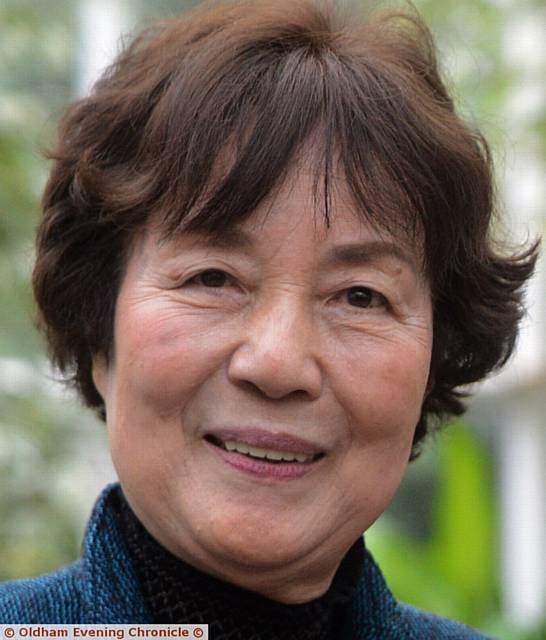Hiroshima - Survivor's Story: 'We are tormented by remorse'
Reporter: Jacob Metcalf
Date published: 05 April 2017

REIKO YAMADA
REIKO Yamada was 11 years old when the first atomic bomb was dropped on Hiroshima in 1945.
She recalls how "pretty" she thought the B29 bomber was when it flew above her school playground - the next thing she remembers is being blinded by a white flash.
Hot sand blew across her face as she rushed to an air-raid shelter. However it was already full and she was forced to wait outside while sudden radioactive "black rain" drenched her and those around her.
Her town was 2.5km from 'ground zero' and escaped from the raging fires caused by the bomb.
The streets became crowded with many injured and burned people fleeing to the town. Reiko recalls how they were so heavily burned and disfigured they no longer looked like human beings.
Her father, who was rescued from a fallen building about 1km from the explosion, managed to return to the town, bloodied from wounds caused by broken glass.
Years later fragments of glass would emerge from his skin. And 20 years later, he developed lung cancer and leukaemia simultaneously and, despite blood transfusions and bone marrow transplants from Reiko, he died.
Reiko's eldest sister, who was at Hiroshima Station when the bomb struck, suffered with burns to her neck and back.
Her 13-year-old third sister had stayed at home sick, but all her teachers and schoolmates who had worked near the centre on that day died.
Reiko remembers how a close friend was at home after the blast when she saw a "black lump" enter the house. Originally thinking it was a big black dog, she soon realised it was her mother who then collapsed and died, leaving behind her five children.
From the third day, the dead bodies lying in the streets were brought to the playground of Reiko's school where one after another they were cremated.
Black smoke and the smell of burning bodies spread across the town as, according to records, about 2,300 bodies were cremated. Without being identified by name they were all treated as missing.
Reiko said: "Those of us, the Hibakusha, who narrowly survived on those two days vividly remember those who desperately cried for help and died cruelly.
"We are still tormented by remorse that we could not help them. Many have suffered discrimination for being the Hibakusha and had to give up getting married or having children.
"Nuclear weapons are absolutely inhuman weapons.
"We Hibakusha cannot accept the existence of such absolutely evil weapons on the globe."




